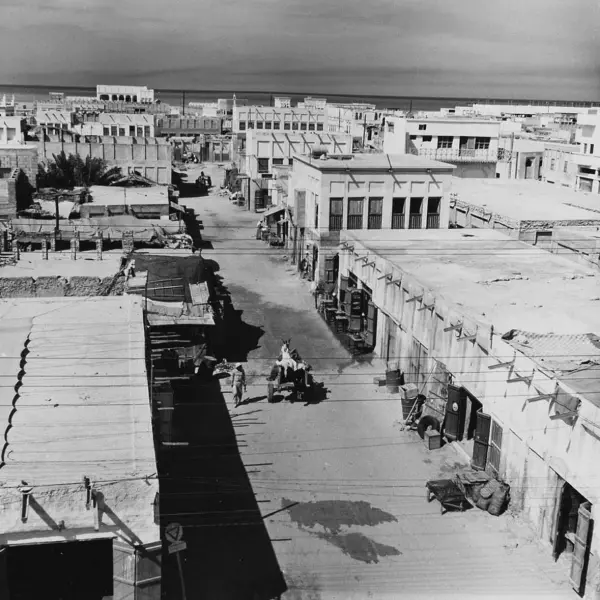Nikolay Nikolaevich Miklukho-Maclay during a trip to the Red Sea
Nikolay Nikolaevich Miklukho-Maclay (1846–1888) was a Russian ethnographer, anthropologist, and explorer, best known for his studies of indigenous peoples in Oceania, particularly in New Guinea. He is considered one of the pioneers of anthropology and is often regarded as the founder of Russian anthropology due to his contributions to the study of human cultures, languages, and physical characteristics.
Born into a noble family in the Russian Empire, Miklukho-Maclay showed an early interest in natural sciences and ethnography. He studied at the University of St. Petersburg and later traveled extensively, undertaking several expeditions to various regions of the world.
In 1871, Miklukho-Maclay embarked on his most significant journey to the Pacific Islands and New Guinea, where he spent several years studying the indigenous peoples. He was one of the first to advocate for the rights and dignity of native populations, often challenging the colonialist attitudes of his time. Miklukho-Maclay was particularly interested in the culture, language, and customs of the indigenous people, and he made detailed observations that helped to advance the scientific understanding of these communities.
His work in New Guinea was groundbreaking, and he is credited with making substantial contributions to the study of the native populations, especially in terms of ethnography and anthropology. Miklukho-Maclay also highlighted the need to protect the indigenous people from exploitation and harm caused by European colonization.
Miklukho-Maclay's impact extends beyond his explorations, as he advocated for social reforms in Russia, including the importance of education and the inclusion of indigenous cultures within the broader global community. His work, although not fully appreciated in his time, had a lasting influence on future generations of scientists and explorers. He died in 1888, leaving behind a legacy of exploration and anthropological research that continues to be recognized today.
Born into a noble family in the Russian Empire, Miklukho-Maclay showed an early interest in natural sciences and ethnography. He studied at the University of St. Petersburg and later traveled extensively, undertaking several expeditions to various regions of the world.
In 1871, Miklukho-Maclay embarked on his most significant journey to the Pacific Islands and New Guinea, where he spent several years studying the indigenous peoples. He was one of the first to advocate for the rights and dignity of native populations, often challenging the colonialist attitudes of his time. Miklukho-Maclay was particularly interested in the culture, language, and customs of the indigenous people, and he made detailed observations that helped to advance the scientific understanding of these communities.
His work in New Guinea was groundbreaking, and he is credited with making substantial contributions to the study of the native populations, especially in terms of ethnography and anthropology. Miklukho-Maclay also highlighted the need to protect the indigenous people from exploitation and harm caused by European colonization.
Miklukho-Maclay's impact extends beyond his explorations, as he advocated for social reforms in Russia, including the importance of education and the inclusion of indigenous cultures within the broader global community. His work, although not fully appreciated in his time, had a lasting influence on future generations of scientists and explorers. He died in 1888, leaving behind a legacy of exploration and anthropological research that continues to be recognized today.
Contributed by OldPik on January 6, 2025
Image

You must be logged in to comment on the photos.
Log in
Log in














No comment yet, be the first to comment...